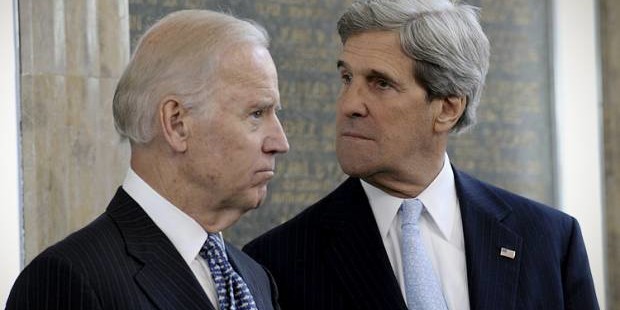
Washington hates real democracy: The reality is worse than anything Robert Gates suggests
It’s deeper than Gates’ new book: We’ve no control over events, but — dangerously — keep pretending we do
The third anniversary of the Arab Spring is upon us. Three years ago next week Tunisians toppled the crooked regime of Zine El Abidine Ben Ali. On Jan. 25 Egyptians can mark the first day crowds flooded Tahrir Square in Cairo to force the detested Hosni Mubarak from the presidential palace.
It is hard to reckon the moment. On one hand, the swell of hope that spread across the Middle East in early 2011 remains fresh in the mind. On the other, one looks out at the messes that have come of that season. Egyptians will remember in a couple of weeks, but almost certainly in silence if they are to avoid arrest, torture and all else the Mubarak clone now in power is already known for.
It would be easy to judge the Arab world’s project a failure. I do not. It is the time of breaking eggs before the omelet gets made, to bend Mao’s old formulation.
We witness a failure in the Middle East, however, and we ought not miss it. An American political architecture 60 years in the making is collapsing around the ears of our foreign policy cliques as we speak. Nominally this is the architecture of security and democracy, but it is no time for happy talk. More accurately, this is an architecture of political deprivation in the service of resource extraction, with incessant insecurity a primary byproduct.
It comes to this: If the Arab Spring is to achieve any measure of authentic self-determination in the Middle East and North Africa (and it stands to), six decades of American policy will have to change (no sign so far) or be frustrated (which is what we have before us). It is bitter, but one cannot escape the truth of it.
The best route to understanding invariably begins at the beginning, so let’s.
American policy in the Middle East is older than 60 if you count the British and French colonial periods, and Washington did inherit from London and Paris when those two metropoles grew too weak and broke to exert their influence effectively. Sixty years puts us to 1953, a good date. That is when the Dulles brothers, Allen and John Foster, persuaded Eisenhower that it would be a fine thing to arrange a coup against Mohammad Mossadegh, Iran’s first elected prime minister.
Mossadegh had sinned. He had taken control of Iran’s oil, the British having bribed a previous Iranian leader to sign over rights to something called Anglo-Iranian Oil. And he stood neutrally — “nonaligned” is the surviving term — between the Soviets and Americans. Out went “Mossy,” as the British spooks used to call him, in came the shah.
The Dulles brothers — Allen head of the CIA; John Foster secretary of state — had determined that the U.S. could shape the Middle East perfectly to Washington’s liking, unmolded clay. Two errors — well, two fateful ones among many. First, they failed to make any distinction between local nationalism and “world communism,” as John Foster got a lot of Americans to call Cold War paranoia. Second, the mission was by definition impossible, as we are now seeing.
The template has never altered — nor have the errors. “World communism” is now “terror” — they come out of the same faucet. Indigenous aspiration counts for little. It does not matter who is a nice man and who unspeakably cruel, so long as they conform to the shape. Saddam Hussein was OK for a time, but then he did not conform. Mohammad Morsi, Egypt’s first elected leader, deposed with U.S. dispensation last year, was in the file with Mossadegh: not dangerous, precisely, but too local, too into being Egyptian, too given to getting rid of Mubarak’s corrupt judges, police, generals and so on.
This is the glass through which to view the Arab Spring. Two things become evident. One, Washington never wanted anything remotely resembling true democracy to come of it; it could not tolerate losing the influence the Dulles brothers set out to secure. Two, the Arab Spring is a monument to those aspirations that do not die. It is impossible to grasp the moment without seeing how long it was in the making and why it had to pop as it did.

